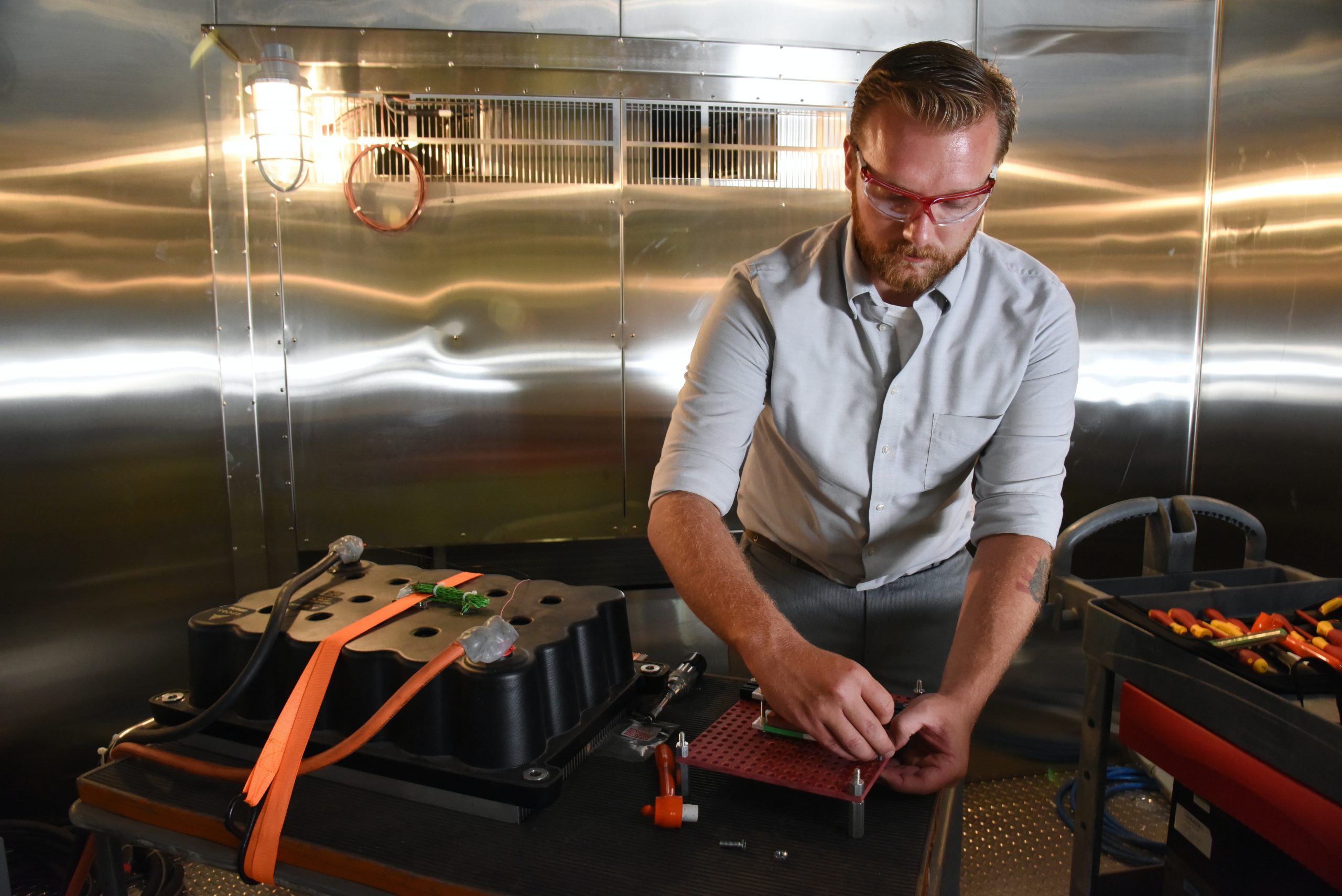
Creating a National Fellowship for Entrepreneurial Scientists and Engineers
Summary
The next administration should establish a national fellowship for scientists and engineers to accelerate the transformation of research discoveries into scalable, market-ready technologies. Entrepreneurship is driving innovation across the U.S. economy—with the troubling exception of early-stage science. Transitioning scientific discoveries from the laboratory into prototypes remains too speculative and costly to garner significant support from industry or venture-capital firms. This makes it difficult for many of our nation’s science innovators to translate their research into new products and puts the United States at risk of falling behind in the quickly evolving global economy.
Entrepreneurial fellowships for scientists and engineers have emerged as an effective strategy for translating research into new products and businesses, showing tremendous early impact and a readiness to scale. The next administration should advance this proven strategy at the federal level by creating a national entrepreneurial fellowship. This new entrepreneurial fellowship would leverage our nation’s investments in science to drive national prosperity, security, and global competitiveness.
To maximize the potential of apprenticeship programs, the federal government should develop a cohesive approach to supporting “apprenticeships of the future,” such as those in cyber, healthcare, and advanced manufacturing.
Without a robust education system that prepares our youth for future careers in key sectors, our national security and competitiveness are at risk.
The education R&D ecosystem must be a learning-oriented network committed to the principles of innovation that the system itself strives to promote across best practices in education and learning.
Across the country in small towns and large cities, rural communities and the suburbs, millions of young people are missing school at astounding rates.